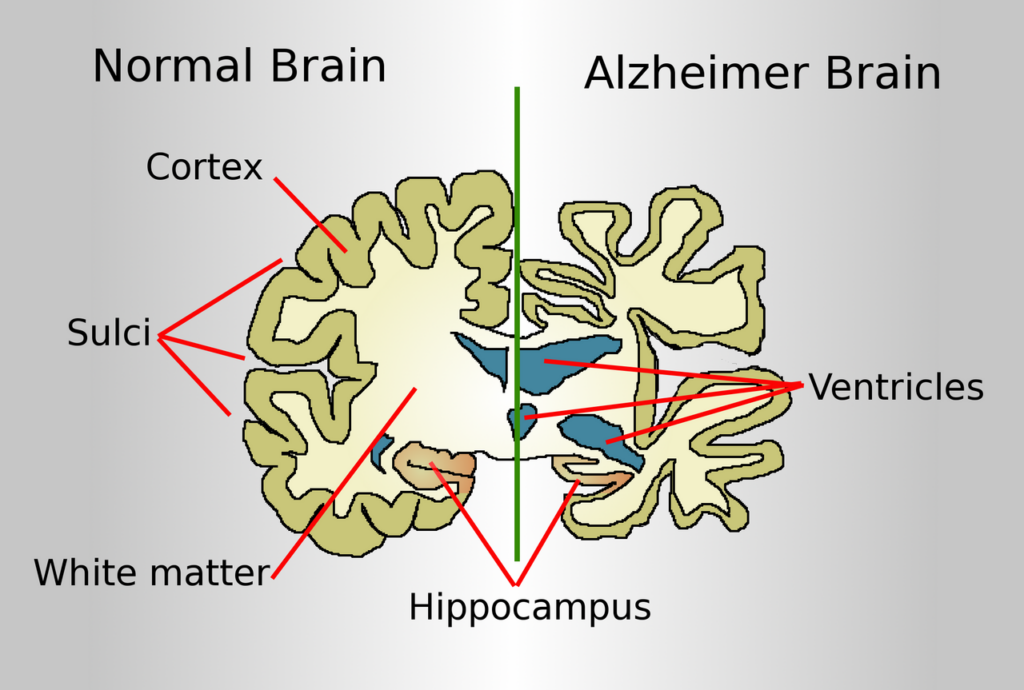
(Scypre.com) – In a significant development for Alzheimer’s disease treatment, the U.S. Food and Drug Administration (FDA) has approved Kisunla (donanemab-azbt) injection for the treatment of adults with Alzheimer’s disease. This approval marks a pivotal advancement in addressing a condition that affects over 6.5 million Americans.
Developed by Eli Lilly, Kisunla is a monoclonal antibody designed for patients in the mild cognitive impairment or mild dementia stages of Alzheimer’s disease. Administered as a monthly intravenous infusion, Kisunla targets amyloid beta plaques in the brain, which are characteristic of Alzheimer’s pathology.
Clinical trials have demonstrated that Kisunla can slow the progression of memory and cognitive decline by approximately 29% compared to a placebo. However, it’s important to note that the treatment has been associated with side effects, including brain swelling and bleeding in some patients.
The approval of Kisunla offers new hope to patients and their families by potentially prolonging cognitive function and enhancing quality of life during the early stages of Alzheimer’s. While not a cure, Kisunla represents a meaningful step forward in managing a disease that progressively impairs memory and daily functioning.
Medical experts have expressed cautious optimism regarding Kisunla’s approval. Dr. Howard Fillit, co-founder and chief science officer of the Alzheimer’s Drug Discovery Foundation, stated, “The approval of Kisunla is a significant milestone in our ongoing efforts to combat Alzheimer’s disease. It underscores the importance of continued research and innovation in developing effective therapies.”
However, some experts have raised concerns about the drug’s safety profile. The FDA has included a boxed warning on Kisunla’s prescribing information to alert healthcare providers and patients about the risks of brain swelling and bleeding.
Eli Lilly has not yet announced the pricing details for Kisunla. The cost of Alzheimer’s treatments can be substantial, and insurance coverage will play a crucial role in determining patient access. Discussions with healthcare providers and insurers will be essential for patients considering this new treatment option.
Alzheimer’s advocacy groups have welcomed the FDA’s decision. The Alzheimer’s Association remarked, “This approval provides patients with early-stage Alzheimer’s a new therapeutic option and reinforces the need for early diagnosis and intervention.”
Eli Lilly is committed to ongoing research to monitor Kisunla’s long-term efficacy and safety. The company is also exploring additional studies to assess the drug’s potential benefits in broader patient populations.
The FDA’s approval of Kisunla represents a hopeful advancement in Alzheimer’s disease treatment, offering patients and families a new avenue to potentially slow disease progression. While challenges remain, including managing side effects and ensuring affordability, this development highlights the progress being made in the fight against Alzheimer’s.